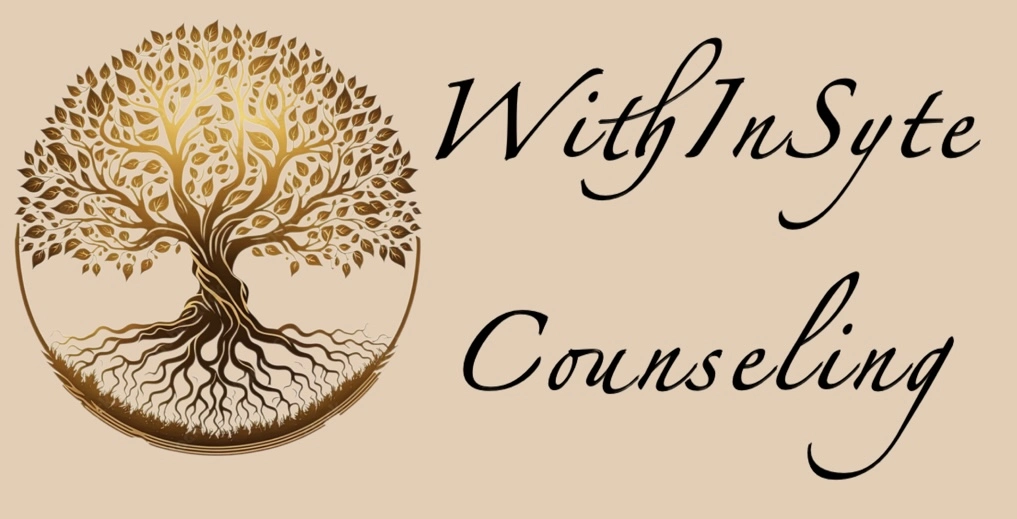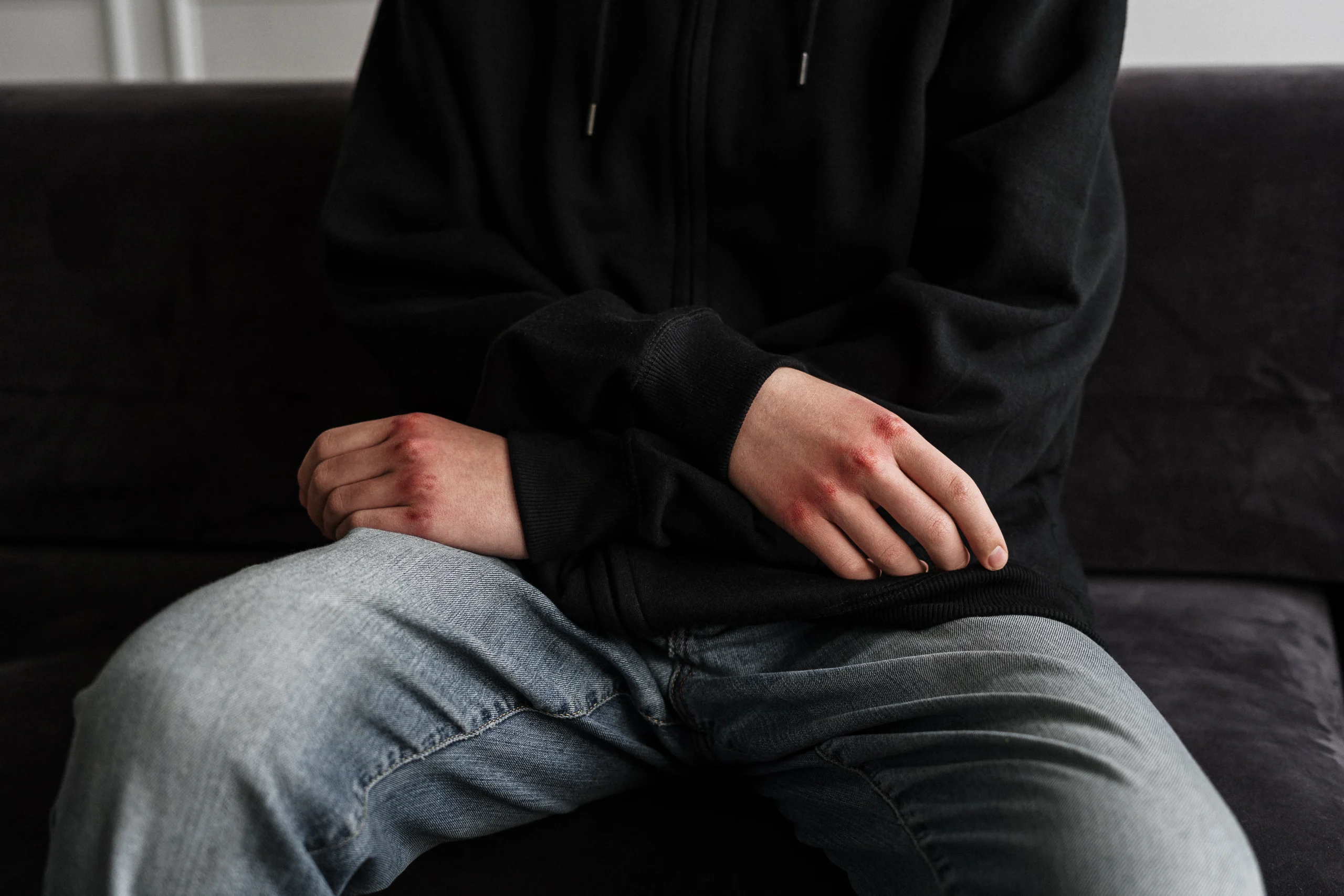Self Harm
What is self-harm?
Self-harm is defined as intentionally inflicting pain onto one’s own body. Harm can be done in obvious ways such as cutting or burning, or in less obvious ways like punching cement or driving too fast without caring what happens to yourself. Self-harm can look different on every person and even varies based on gender. For example: females are more likely to cut, burn or scratch themselves; and males are more likely to engage in risky behaviors such as substance use or driving too fast without caring for harm to themselves.
I don’t know if I want to stop self-harm, but I’m not happy with it either.
Have you felt so overwhelmed by your desire to self harm that you’ve given up on trying to stop? Do you feel so much guilt over your self-harm that you isolate yourself so you don’t have to hide it? In counseling, you will learn skills to manage these behaviors, but will never be forced to do anything you aren’t ready to do. Don’t worry if you’re not ready to stop. That’s a normal feeling to have about something that feels helpful when you weren’t sure of what else to do. The good news is that there are many ways to feel better, and in counseling we will simply work on adding to your list of coping skills so that you have more options for when and if you decide you want to make a change.
I don’t know how to help my loved one.
Have you lost your temper with your loved one who self-harms because you were so afraid of their behavior? Have you ignored the signs or pretended like you didn’t see that they self-harmed because you weren’t sure what the right response was?
If so, you’re not alone. Families are often nervous to address self harm because they don’t want to make it worse, cause it, or have their loved one experience consequences. The main thing to remember is that you want to be calm, kind, and supportive. Ask what they need right now, offer to sit with them, offer to play a game, don’t force them to talk if they don’t want to. No guilting, yelling, or big reactions because it will only make the situation worse. You want to provide a safe and inviting place for the person to come to if you want them to be open with you.
Why do people self harm?
There’s a fine line between pain and pleasure. Think about pain as our body’s way of saying something is wrong, and we need to pay attention to it. For those who self harm, this emotional pain becomes unbearable because they don’t know how to stop or manage it. Our body has a protection response to extreme or long lasting pain…it’s called shock. If you get into a terrible accident where your body is severely damaged, it will go into shock to protect you from the extreme pain. The same can occur with long lasting or extreme emotional pain. Most self- harmers experience extreme amounts of emotional pain for long periods. They find relief in creating physical pain which makes the body’s shock system kick in, and it creates a numbness that gives relief from the emotional pain. The root of the pain can vary from mental health issues such as ADHD, Bipolar, Borderline Personality, or Trauma. It can also be rooted in fear of conflict, fear of not being heard, fear of causing a problem, or bottling emotions to avoid rocking the boat.
Is self-harm treatable?
Self-harm is very treatable. With a little bit of education, addressing root issues, and practice with new behaviors most self-harmers recover beautifully.



